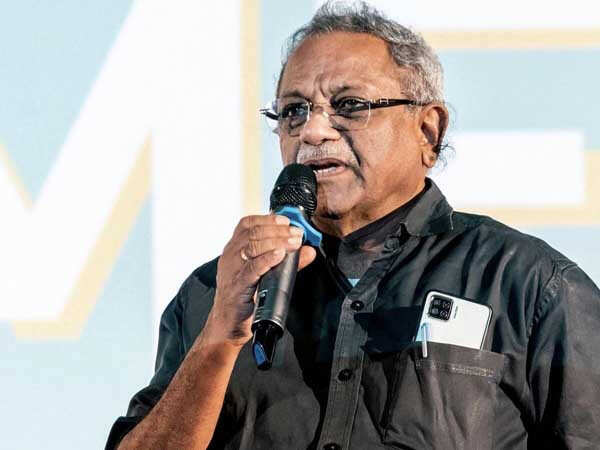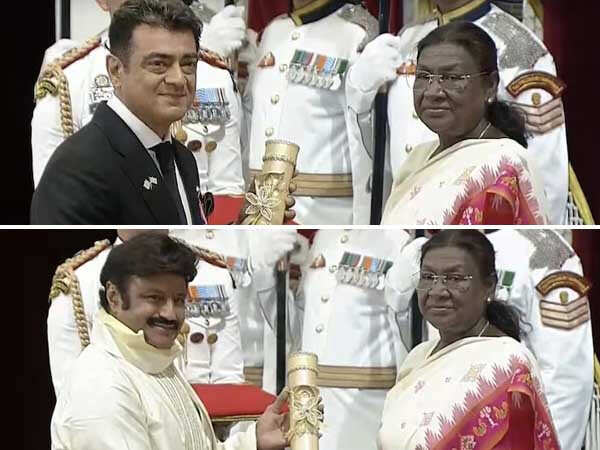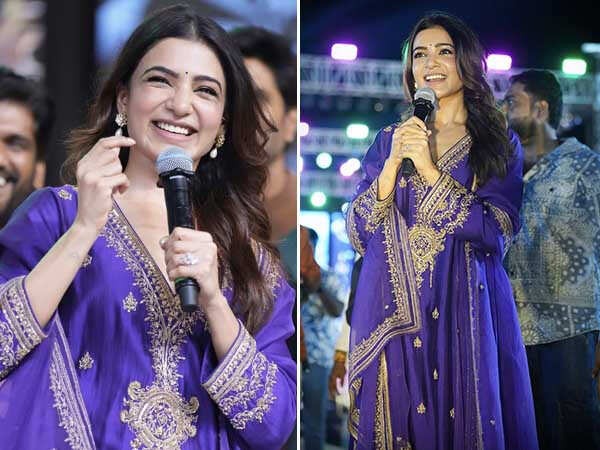
Celebrated Indian filmmaker and cinematographer Shaji N Karun passed away after a prolonged illness on Monday, April 28, leaving behind a profound legacy that reshaped Malayalam and Indian cinema. He was 73.
Beyond filmmaking, Shaji N Karun played a pivotal role in shaping India’s cultural landscape. He served as the first Chairman of the Kerala State Chalachitra Academy and was instrumental in establishing the International Film Festival of Kerala (IFFK), helping position it as one of Asia’s premier film festivals. His extraordinary contributions were recognized with several prestigious awards, including National Film Awards, Kerala State Film Awards, and the Padma Shri, India’s fourth-highest civilian honour.
A Career Defined By Deep Humanism And Lyrical Imagery
Born in Kerala in 1952, Shaji studied at the Film and Television Institute of India (FTII), Pune, specialising in cinematography. Before becoming a director, he worked as a cinematographer on several acclaimed films, collaborating with stalwarts like G. Aravindan. His transition to direction felt natural, his works always reflecting a sensitive eye for both the human condition and the natural world.
Known for his meditative storytelling and powerful visual language, he initially gained recognition for his work behind the camera, contributing to iconic films such as Aravindan’s Kanchana Sita (1977), Thampu (1978), Kummatty (1979), K.G. George’s Lekhayude Maranam Oru Flashback (1983), Panchavadi Palam (1984), P. Padmarajan’s Koodevide (1983), and Hariharan’s Nakhakshathangal (1986). Shaji received national acclaim with his directorial debut Piravi (1988), a film that went on to win the prestigious Camera d’Or — Special Mention at the Cannes Film Festival. Piravi, inspired by a personal tragedy, marked the beginning of a career defined by deep humanism and lyrical imagery.
Over the decades, Shaji directed internationally celebrated films such as Swaham (1994), Vanaprastham (1999), and Kutty Srank (2009), each carrying his signature blend of poignant narratives and exquisite cinematography. His works often explored themes of loss, identity, and transcendence, striking a universal chord.
The End Of An Era
See Aso: Photos: Allu Arjun’s Best Photos With Daughter Allu Arha









![Loons: A Cry from the Mist (2022) [1080p] [WEBRip] [5.1] [YTS.MX]](https://img.yts.mx/assets/images/movies/loons_a_cry_from_the_mist_2022/medium-cover.jpg)

![Drunktown’s Finest (2014) [1080p] [WEBRip] [5.1] [YTS.MX]](https://img.yts.mx/assets/images/movies/drunktowns_finest_2014/medium-cover.jpg)

